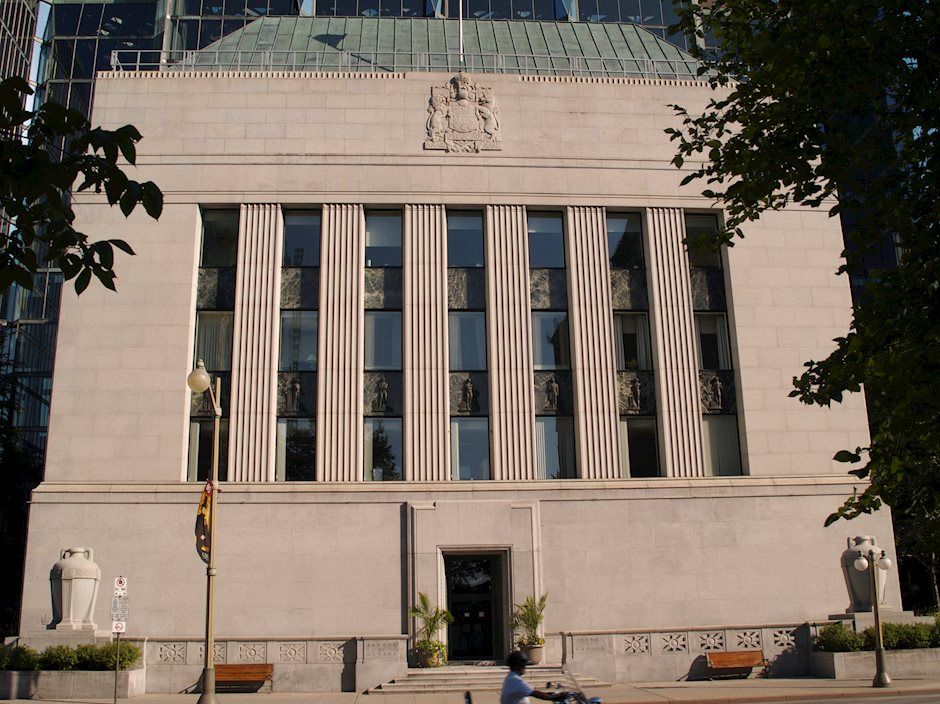BoC's Beaudry: BoC sees an increasing likelihood it might need to take rates to 3.0% or higher

Bank of Canada (BoC) Deputy Governor Paul Beaudry on Thursday said that the BoC sees an increasing likelihood that it may need to raise its policy rate to 3% or higher, reported Reuters.
Additional Remarks:
The risk is now greater that inflation expectations could de-anchor and high inflation could become entrenched.
In deliberations ahead of the 1 June 50 bps rate hike, the BoC noted price pressures are broadening and inflation is likely to go higher still before easing.
The BoC must be - and will be - resolute in bringing inflation back down and will prevent high inflation from becoming entrenched.
The BoC expects strong growth and low unemployment to continue, while interest rate increases will take time to have their full impact.
The Canadian economy is moving further into excess demand and the economic rebound has been much faster than the BoC anticipated.
The more significant of the two forces driving Canadian inflation is largely international and is more complicated for monetary policy to tackle.
Normally, inflationary shocks linked to external supply disruptions don't persist for long, so the BoC typically does not react to such shocks.
The BoC opted against raising rates in 2021 because of what it saw as temporary inflationary shocks from abroad and because the economy was still operating well below its capacity for most of the year.
The Boc also chose not to raise rates in 2021 because premature tightening could have made it harder for people who lost jobs during the pandemic to find work.
The risk of leaving rates low was that higher inflation could start to become entrenched and the risk seemed appropriate at the time, given the slack in the economy at the time.
In July, the BoC will provide an initial analysis of its inflation forecast errors.
Author

Joel Frank
Independent Analyst
Joel Frank is an economics graduate from the University of Birmingham and has worked as a full-time financial market analyst since 2018, specialising in the coverage of how developments in the global economy impact financial asset

















